#focuson #climate
2022 is the European Year of Youth, which shows the importance of young Europeans in laying the foundations for a better future: more sustainable, inclusive and digital. The European Year of Youth is an opportunity to learn, share, meet people and actively engage with Europe, looking forward to a new post-pandemic perspective. To make this possible, the European Union, in addition to fostering dialogue with its young people, has organized a European Solidarity Corps, which creates opportunities for young people to engage in solidarity activities abroad or in their own country and in projects that benefit the community. In addition, DiscoverEu is an initiative that offers 18-year-olds the chance to travel and discover Europe (each year, the European Union awards selected young people with a season ticket). This is complemented by Erasmus+, a programme supporting education, training, youth and sport in Europe, which creates opportunities for young people to study, train and experience abroad. EU Aid Volunteers, on the other hand, is an initiative that brings together volunteers and organisations to provide support for humanitarian projects for communities affected by disasters, which is complemented by Eures, the European Job Mobility Portal, which helps all those who want to find work abroad.
There are several topics that young people care about: mobility, the climate crisis, non-formal development opportunities based on their own experiences, inclusivity in language learning, use of social media, the effects of the pandemic on their mental health, the future of Europe and the new generations.
At the heart of young people, as mentioned, lies above all the future of our planet. For years now, young people across Europe have taken to the streets to demand action on climate change. In November 2019, the Youth For Biodiversity event organised by the European Commission took place. But why is today’s generation so committed to fighting climate change? It is clear: from an early age they have heard about climate change and see with their own eyes how it is having catastrophic effects on their daily lives. Therefore, many of them want to make sense of their lives by combining their studies with their environmental interests. In fact, many young people are becoming members of NGOs, which aim to build bridges between young people and policy makers. To this end, Generation Climate Europe (GCE), an environmental coalition of the main youth organisations and networks active in Europe, was founded.
And the European Union is taking the side of young people in trying to tackle climate change. To this end, a European Green Deal was set up in December 2019 at the request of European Commission President Ursula von der Leyen. The European Union strongly believes in involving young people in decision-making processes and therefore, through Up for Europe, seeks to encourage their ecological awareness and participation. For example, efforts are being made to support young start-ups in the field of pesticide-free agriculture through funding, so that even small local businesses can get off the ground.
More specifically, the European Green Deal is an agreement to make Europe the first climate-neutral continent by 2050. For this to happen, it is necessary to focus on four main areas: energy, buildings, industry, mobility, and to foster an inclusive transition for everyone, including companies, to become world leaders.
Each of us can do our part: it is not true that one person with a small cartel makes no political difference, because if we all do it, we can change the world. It is important to believe in it, to mobilise, to go on strikes, to get informed, to be involved in NGOs and to educate ourselves on sustainable development.
More detailed information can be found at the following sites:
• https://europa.eu/youth/get-involved/sustainable-development/change-makers-greener-planet_en
• https://europa.eu/youth/year-of-youth_en#content


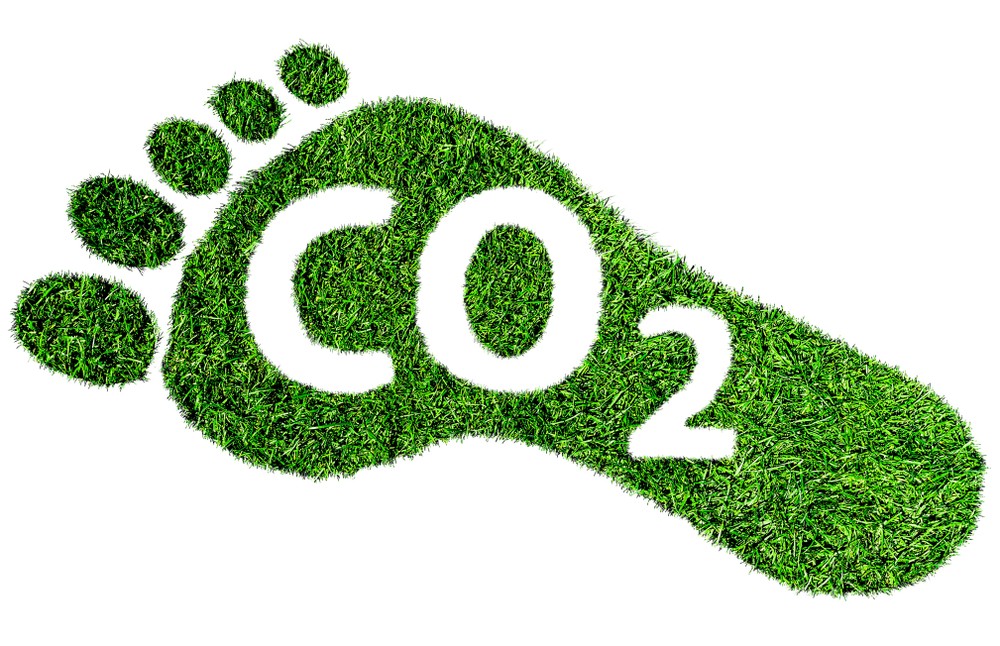
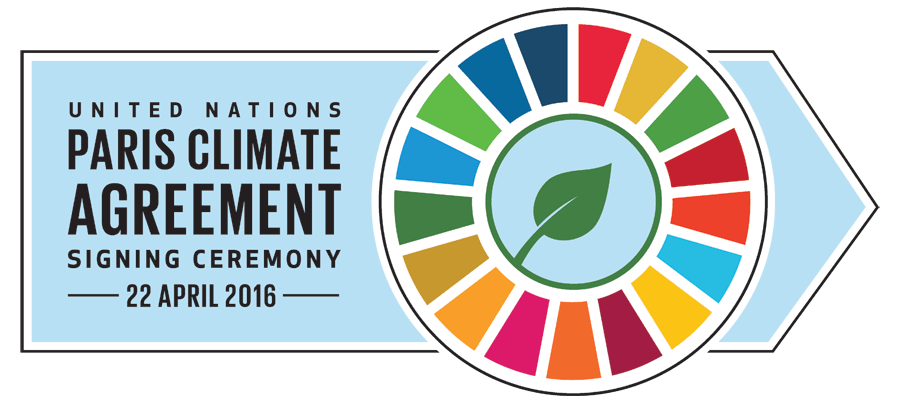
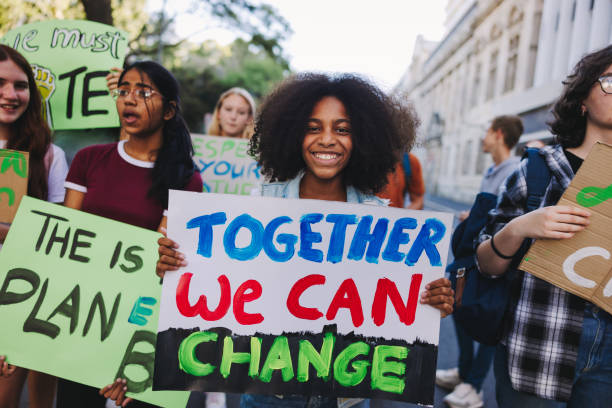
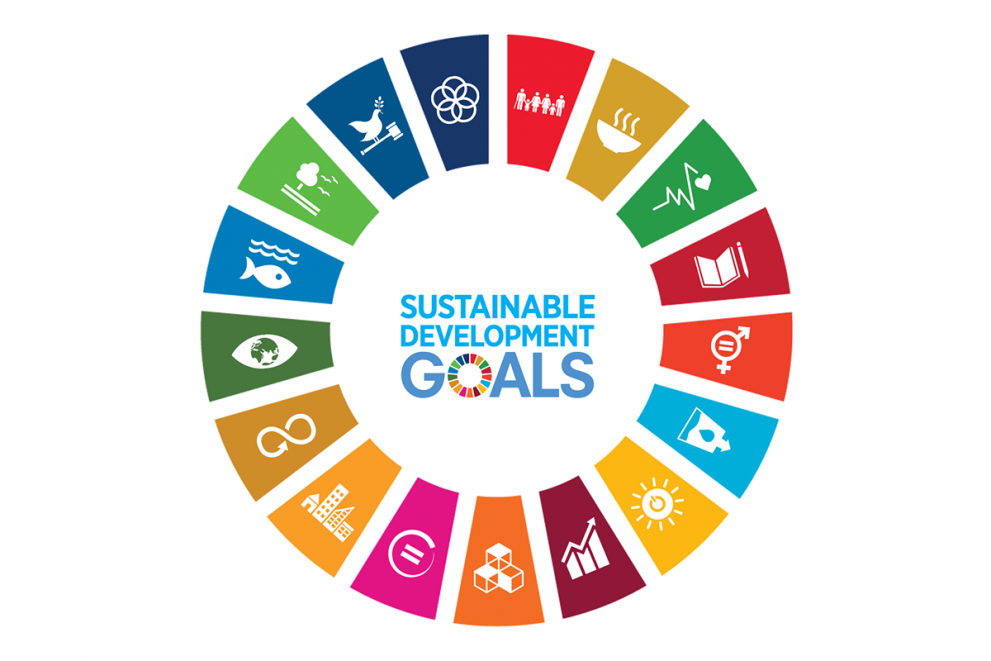

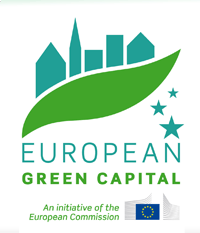

I am happy to see so many initiatives being offered to young people who are genuinely interested in experiencing more and making a change. Having participated in Erasmus+ study abroad programme myself, I learned so much from living with different people, experiencing different cultures, and participating in various initiatives that supported proactiveness and social inclusion. I know that many young people do feel responsibility to make where we live a better place, as well as they are being open to participate in events that would kick start the change, Unfortunately, I noticed that many of them don’t actually know about all of the opportunities that are at their disposal. I hope the word get spread out about these projects and initiatives, and that many youngsters jump on board, as it is about time that things around us start changing for the best 🙂
It is refreshing to see so many initiatives being taken to educate young E.U citizens, they are the future after all! Like the previous comment, I agree that not enough young people are aware of the opportunities that are available to them regarding these projects. The value of being able to experience living with different people, to absorb their different cultures is insurmountable. Our youth absolutely need to about learn what makes us the same and what makes us different and how we can work together to build bridges and knock down barriers which seek only to disjoint us. In a perfect world all young people should have the opportunity to participate in projects such as those mentioned in the article.
Young people can change the world with the help and advice of older people. The important thing is to be open to new things, and the big responsibility lies on the older experienced generation in building this future. It is helpful to engage, and collaborate to achieve these goals. We are really lucky to have such opportunities. Europe is known to be one of the democratic regions, with core humanitarian principles. Therefore, their role is enormous in embracing these values over the globe.
The movement generated by the climate issue since the Greta Thunberg phenomenon has been particularly strong in Europe. The European youth seems to want to reinvent the political commitment in its own way and to position itself as an actor of this climate change and not as a victim by participating effectively and decisively in the action for this phenomenon and it is of course a wonderful opportunity for youth to have the possibility to be closely involved in these initiatives.